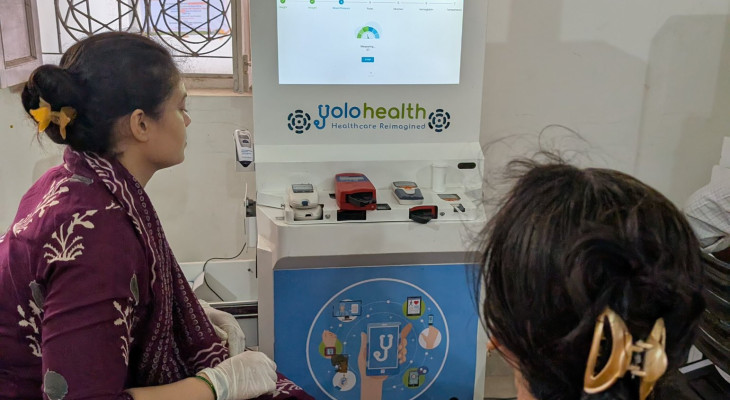Endometriosis occurs in women of reproductive age and is characterized by the growth of endometrial-like tissue outside the uterine cavity. The condition affects 10%-15% of all reproductive-age women and 70% of women with chronic pelvic pain . The condition is known to be the leading cause of pelvic pain and infertility in women of reproductive age. The symptoms may feel worse just before and during the period due to inflammation caused by the hormonal changes. The symptoms include menstrual cramps, painful intercourse, discomfort or pain while urinating), abnormally heavy or prolonged menstrual bleeding, diarrhea, constipation etc. Some women may have no symptoms of endometriosis and only discover it when they are unable to get pregnant.
How endometriosis affects pregnancy:
Endometriosis can impact pregnancy in several ways. The condition is associated with inflammation, hormonal imbalances, and the formation of adhesions or scar tissue in the reproductive organs, which can affect fertilisation and implantation. Although many women with endometriosis have successful pregnancies naturally or with medical assistance, research suggests an increased risk of complications.
Pregnancy complications related to Endometriosis
Endometriosis may increase the risk for pregnancy and delivery complications which are listed below.
1. Miscarriage: Endometriosis may cause a miscarriage risk through hormonal dysfunction, chronic inflammation, and uterine environment and blood supply changes.
2. Preeclampsia: This is a state of elevated blood pressure. Endometriosis has been shown to increase the likelihood of preeclampsia through chronic inflammation and immune system malfunction, which impacts the health of blood vessels and placental function.
3. Placenta Previa: It is a condition that involves the cervical opening being covered by the placenta, and it may contribute to excessive hemorrhage during delivery and pregnancy. Endometriosis may contribute to placenta previa through interference with normal placental implantation as a result of uterine adhesions or scarring.
4. Caesarean Section: Due to complications such as placenta previa and preeclampsia, women with endometriosis may face a greater number of caesarean births.
Additionally, endometriosis can make it difficult for many women to conceive naturally by interfering with the reproductive process. The condition may prevent the ovaries from releasing eggs, block the fallopian tubes, or hinder the implantation of a fertilized egg in the uterus. As a result, nearly one in every three women with endometriosis experience challenges in achieving pregnancy.
Management of endometriosis
Endometriosis can be treated with medication, surgery or a combination of both. The treatment depends on the severity of the symptoms and whether woman wants to get pregnant.
For women with endometriosis who want to conceive, it is essential to have a healthy lifestyle. This will minimize inflammation and prepare a healthy environment for conception and for the baby to develop. Some of the points are discussed below:
1. Healthy body weight
2. Eating a balanced healthy diet with fruits, vegetables, whole grains, and lean protein
3. Having daily moderate exercise (example: walking, pre-natal yoga)
Endometriosis can place the woman at risk of pregnancy complications, but attention and care appropriately can make motherhood a safe and rewarding experience for women who have endometriosis. Women with endometriosis who are planning a pregnancy should work closely with their healthcare providers to optimize their chances of a healthy and successful pregnancy.
Dr Preeti Rastogi, Director, Obstetrics & Gynaecology, Medanta, Gurugram


